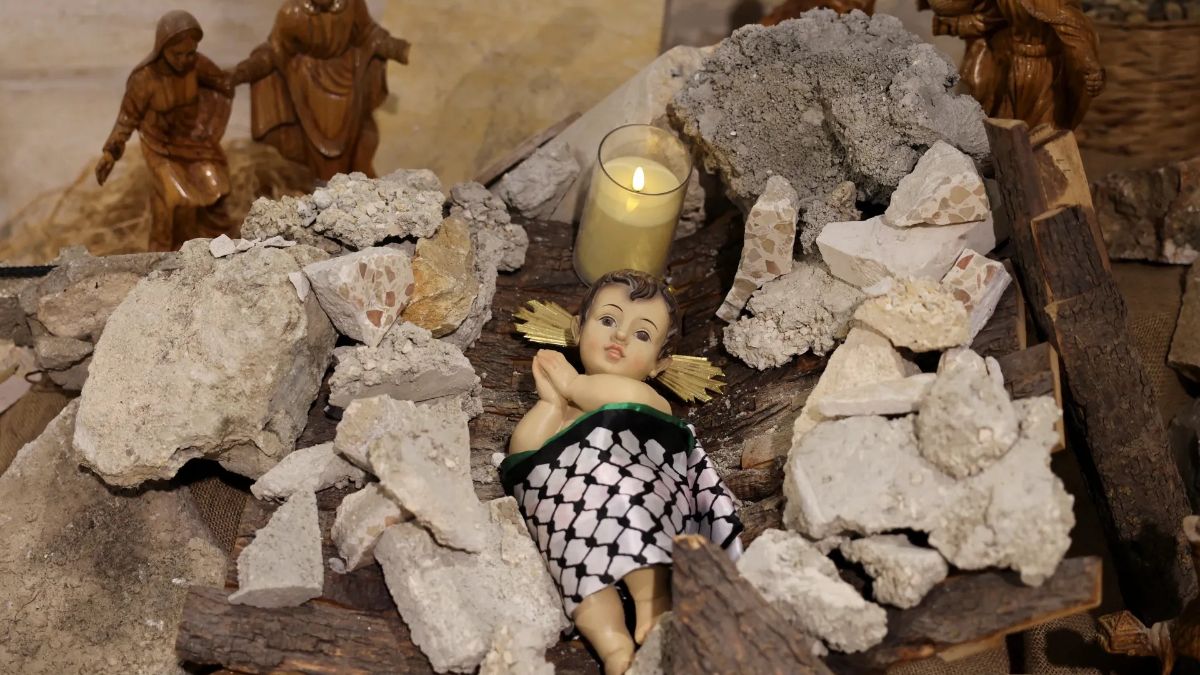Theoretical Considerations of Walking on Water
He said, "Come." So Peter got out of the boat, started walking on the water, and came toward Jesus.
Matthew 14:29
August 8, 2014, Words By: Scott Dewey, Image By: Storm at Sea by Adventures of KM&G-Morris (CC BY-NC-ND 2.0)
I can say from experience that there is a difference between reading a book about childbirth and being present for one. I’m told there’s a difference between being present for a childbirth and actually bearing a child. I’m assuming, though don’t quite remember, that it’s still another thing to be born.
This week’s gospel reading, about Jesus and Peter walking on water (Matthew 14:22-33), clearly makes for better armchair reading than firsthand experience. For instance, there is a tiny little narrative gap between verses 24 and 25. Into that gap slides hours of terror. In the evening, the disciples’s boat was battered by waves and wind, unable to reach shore (v. 25). Skip to the morning, same conditions (v. 26). Can you imagine the night? I can – but conveniently, without retching up my breakfast.
I have also read, in fairly detailed study, about the concept of “the waters” in classical Middle Eastern imagination and mythology. In many ancient literary works, including the Hebrew scriptures, the waters represent untamed chaos and overwhelming danger. True, there is healing and life in water. But the same water when deep and windblown will turn and devour you like a monstrous force. In fact the ancients named an array of terrible sea creatures with supernatural power (Leviathan and Rahab, to name two in the Bible that are mentioned in other regional literature). It makes for interesting reading.
Reading this passage, we can see images and hear echoes of the Genesis creation story – where God moves over the surface of the waters, bringing order and life from chaos. And the terror and rescue of the flood and the ark, and the Exodus story of salvation in the Red Sea. Our story places Jesus precisely on the angry waters, against this backdrop of a God who prevails amid a cosmic battle of powers. Jesus is divine victor and peace-bearer. Not so many chapters later, Jesus will be submerged by these same powers, descending to the depths, with his followers scattered and wrecked. But our story foreshadows resurrection triumph and solace.
On we might go with study and reflection on the nature of miracles and faith and fear and doubt and risk, which is all genuinely fascinating, but the narrative hinges on the moment Peter GOT OUT OF THE BOAT.
Transformation begins when we do too.
Peace,
Scott Dewey
The Street Psalms Community



